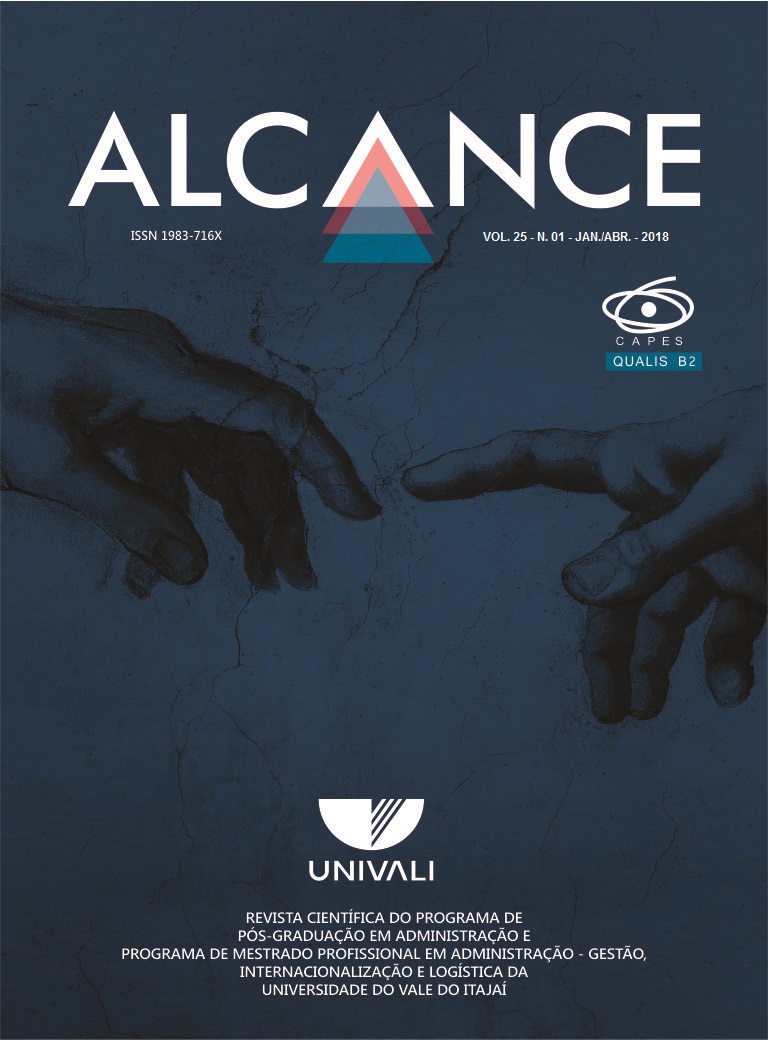SOCIAL UTILITY FROM THE PERSPECTIVE OF BENEFICIARIES OF ORGANIZATIONS OF CIVIL SOCIETY: INITIAL ANALYSES BASED ON A NETWORK OF SOLIDARITY ECONOMY IN BAHIA-BRAZIL
Published date: 19/11/2018

This study discusses the process of evaluating of outcomes of the actions of civil society organizations, here presented as "Social Utility", bearing in mind that this assessment is influenced by various aspects. We also identify the dimensions of social utility indicated by the relevant literature, comparing them through an initial empirical approach concerning the perceptions of the beneficiaries of a network of civil society organizations located in Bahia, Brazil. To instrumentalize this comparison, a model of analysis was constructed, with the dimensions of social utility and its instrumental variables, based on the relevant literature. In the empirical research stage, a structured questionnaire was used, considering the variables of the analysis model. This questionnaire was applied to inhabitants of the location (and possible beneficiaries of this network). The data collected were analyzed using descriptive analysis. For the interviewees, the organizations had had a positive and notable impact on the leisure activities and cultural events (cultural dimension); employment and consumption (economic dimension); electoral participation and the indirect representation of the community (political dimension); social innovation, institutional articulation and access to technological resources (technological dimension); environmental awareness of individuals (environmental dimension); and access to services and a sense of belonging to the local community (social dimension). These findings demonstrate that the organizations of the network of enterprises analyzed here, according to the perceptions of their beneficiaries, show social utility in the six dimensions pointed out by other studies, at least in the above-mentioned variables of each dimension. These results represent an initial step towards building a methodology and systematizing indicators for assessing the social utility of civil society organizations.








